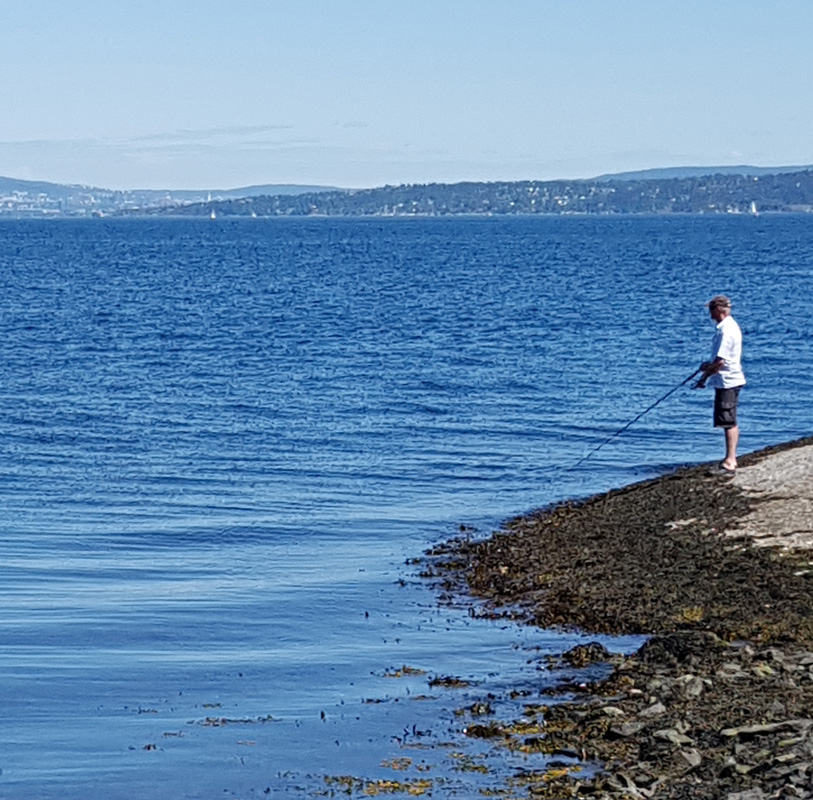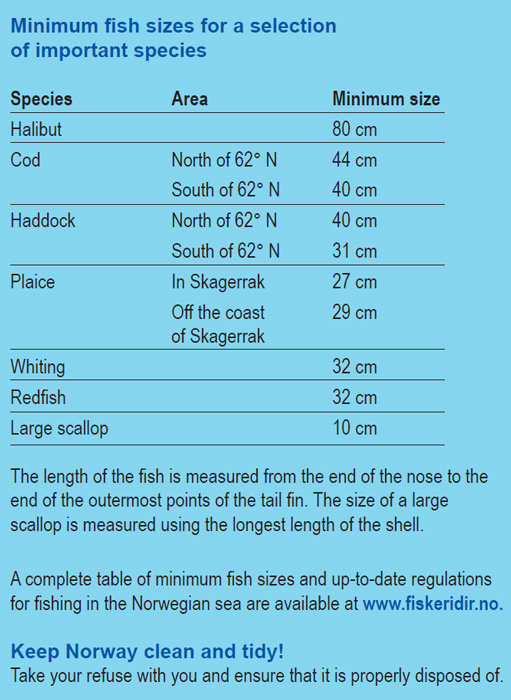There’s an abundance of freshwater fishing spots in the forests, mountains and national parks – in fact, pretty much all over the country. Compared to many other countries in Europe, Norway is exceptionally clean with fresh air, clear water, and lots of happy fish. And if it’s peace and quiet you’re after and love spending time outdoors, you will not have a hard time finding a place all to yourself. Just remember that you will need a fishing licence (see more below).
Those who are hooked on fly fishing will be pleased to hear that Norway’s cold water lakes are chock-a-block with brown trout, pike and perch. Other common species are grayling, common whitefish and Arctic char. Salmon fishing is a chapter in itself. Thanks to the cold climate, Norway has also established itself as a premier destination for ice fishing in Europe.
In most places, the high season for freshwater fishing starts in May and lasts until the end of the summer. The months of September and even October, before the mountain lakes freeze over, are especially good for grayling fishing. In the winter, you can try ice fishing.
- You need a fishing licence (“fiskekort” in Norwegian) to go freshwater fishing in lakes, rivers and streams in Norway. This is important as regular checks are carried out and you can get fined without one.
- Fishing licences are issued by local land owners and fishing organisations. You can buy your licence online at inatur.no. You can also get one in selected sports shops, convenience stores and at many campsites. Some fishing guides can also help you to get a licence.
- Fishing licences are valid in specific areas – this can be a lake, a group of lakes, or just a part of a lake (or river, stream etc), so be sure that you know where you’re going before you buy a licence.
- Fishing licences are valid for a specific time period.
- The price for a fishing licence varies, but it is generally inexpensive (from around NOK 100 per day).
- There may be local restrictions on the amount of fish you are allowed to catch, and you may need to report your catch to the landowner in order for statistics to be produced. There is a total ban on eel fishing in Norway.
- If you want to fish for salmon, sea trout or Arctic char, you must pay a small fishing fee in addition to having a fishing licence. This does not apply to children under 16 years.
- You do not need a fishing licence for fjord and sea fishing in saltwater.
- You can read more about rules for freshwater fishing in Norway at miljodirektoratet.no.
- Another good resource with information in English is fishspot.no.


